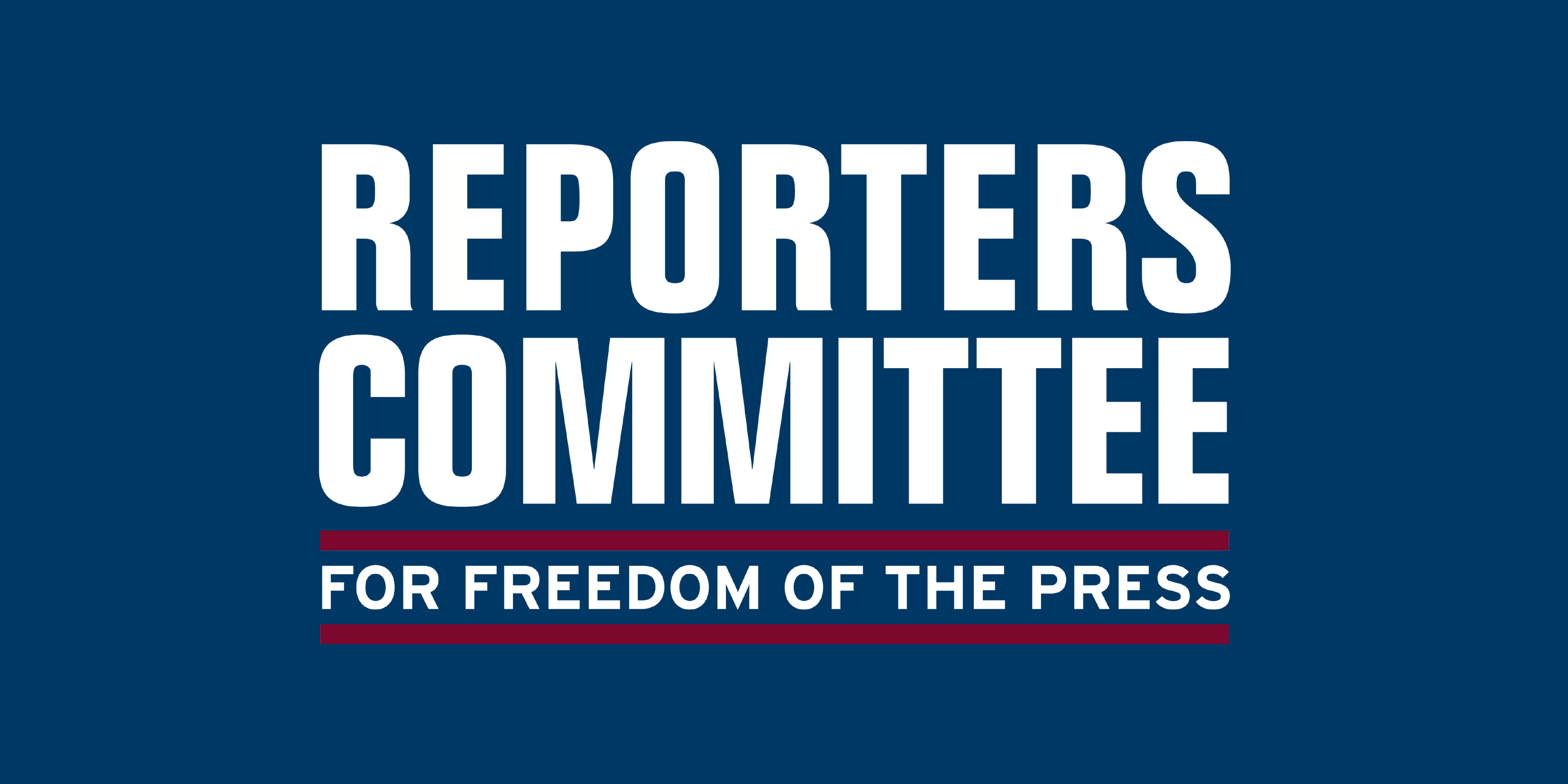Reports of visa non-renewals at Voice of America again raise concerns over editorial independence

Recent reports that the new chief executive of Voice of America and its sister organizations is refusing to renew visas for hundreds of foreign journalists — potentially exposing them to retaliation for their reporting — has again raised concern that he may be trying to co-opt the foreign broadcasters for political ends. Voice of America and other publicly funded international broadcasters are trusted and popular news sources around the globe, precisely because they are walled off from political pressure.
These reports come on the heels of other indications that the Trump administration may be trying to interfere with the broadcasters’ editorial independence. In late April, the White House baselessly attacked VOA as Chinese “propaganda.” More recently, Michael Pack, the new chief executive at the U.S. Agency for Global Media, which administers the broadcasters, moved quickly to fire senior leadership and is now reportedly refusing to act on the visa applications, effectively terminating these foreign journalists and depriving the USAGM broadcasters of expertise that is essential for their reporting.
While Pack certainly has the authority to manage the USAGM, he cannot interfere with the legal “firewall” that past presidents and Congress have progressively built over many decades to safeguard the editorial independence of U.S. international broadcasters from political influence. To the extent these moves by the White House and Pack presage a frontal attack on the firewall, all Americans should be deeply concerned.
Legally, the firewall has several elements, but rests on two fundamental pillars. One, under statute, international broadcasters must adhere to the highest standards of journalism, including transparency, comprehensiveness, balance, accuracy and strict autonomy. Two, political appointees, like Pack and the secretary of state, are barred from interfering in the “professional independence and integrity” of the broadcasting services. Any effort by Pack or others in the administration to dictate news content would likely be illegal.
Further, journalists and editors at the USAGM broadcasters have First Amendment rights independent of their status as government employees and contractors. The news staff at VOA and the other broadcasters are members of the media, and efforts to interfere with their work could trigger basic First Amendment protections, like the right to gather news, the right to be free from a “prior restraint” (were Pack to try and block a story’s publication, for instance) and prohibitions on official retaliation for protected speech.
Moreover, particularly with respect to the foreign journalists now facing what amounts to firing as their visas expire, Pack’s moves may violate civil service protections. It is well established, for instance, that career government employees may not be terminated based on national origin. Additionally, the firewall itself may protect journalists and editors to the extent the decision not to renew their visas is an attempt to interfere with the broadcasters’ independence.
Putting aside the law, however, efforts to interfere with the independence of publicly funded international broadcasters are just — practically speaking — unwise.
For instance, both private and government researchers have extensively studied the role of U.S. international broadcasting during the Cold War. Time and again, autonomy, credibility and professionalism have been identified as essential factors in their success. The ability of broadcasters like VOA, Radio Free Europe and Radio Liberty to relay both good news and bad (including bad news about the U.S.) drove massive audience engagement and trust. The appeal was so pressing for officials in the Soviet Union and the Eastern Bloc that they spent the equivalent of hundreds of millions of dollars trying to jam the broadcasters’ signals.
The public broadcasters also provided an essential counterweight to state-controlled media. To give just one example, when the nuclear reactor at Chernobyl suffered a catastrophic meltdown in 1986, foreign broadcasters were the first source of hard news on the disaster for millions of people behind the Iron Curtain, and it forced state-controlled media to grudgingly acknowledge the accident.
Finally, and of particular relevance to the foreign journalists who now face a forced return to countries where their reporting may have angered government officials, one other crucial factor for success was the ability of the public broadcasters to tailor their news to the audience. Émigré broadcasters with an intimate knowledge of the language and culture of listeners again bolstered credibility and thus advanced the effectiveness of U.S. public diplomacy.
That talent is invaluable and irreplaceable, and for it to be squandered today for political reasons would be tragic.
The Reporters Committee regularly files friend-of-the-court briefs and its attorneys represent journalists and news organizations pro bono in court cases that involve First Amendment freedoms, the newsgathering rights of journalists and access to public information. Stay up-to-date on our work by signing up for our monthly newsletter and following us on Twitter or Instagram.